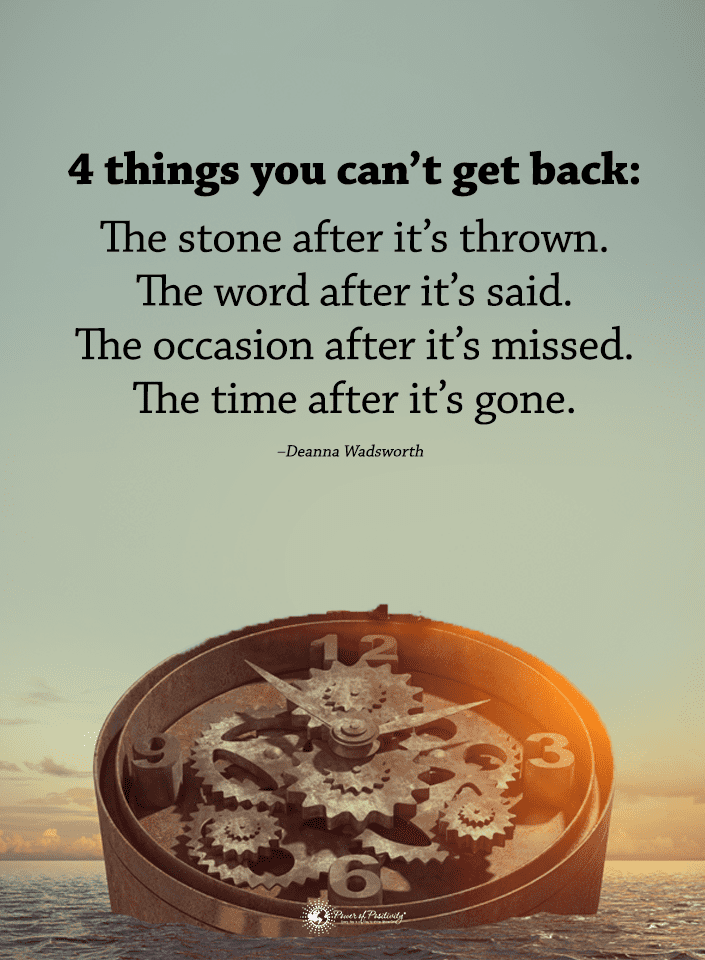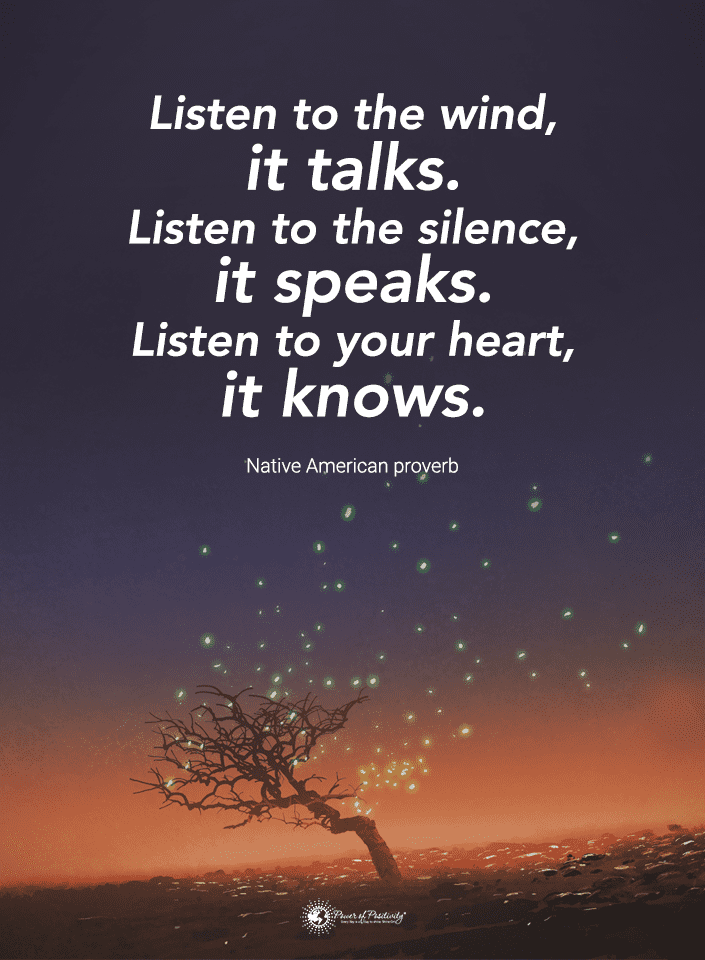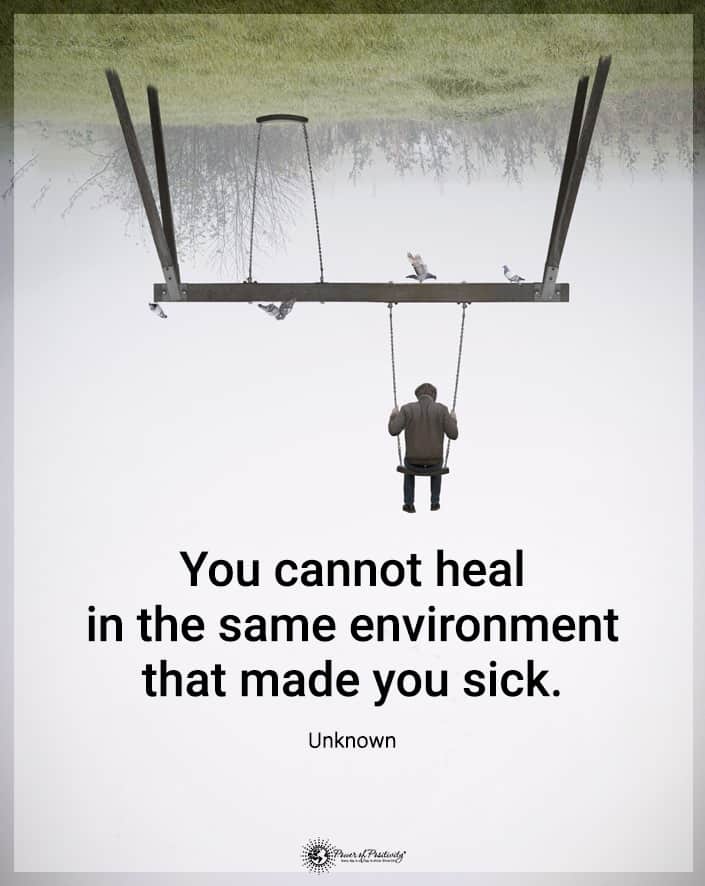The world of psychology today is booming with self-help tips and tricks. People have been trying as hard as they can to learn how to find happiness and bring more joy into their lives. As the realm of positive psychology becomes better studied, you would think that everyone would be getting happier. And yet, that isn’t the case.
Rates of depression, anxiety, and other disorders have been soaring across the globe. Some of these statistics can be attributed to better diagnosis practices. But while we know about the secrets to being happy, why do we struggle to find happiness? Sometimes it feels like the more we know about it, the less easy it is to find it!
Worse still, it often seems like some people struggle to find happiness more than others. If you feel that you relate to that, you may have put a lot of effort into seeking that joy, only to fail time and time again. You may have watched the people around you get happier and happier and feel left out as all your efforts bore no fruit.
Did you know that there could be a reason for your struggles? The difficulties you face can be explained by science, with surprising and enlightening results! Here’s how science reveals why finding happiness is so hard for some people.

1. The Happiness Pie
The “Happiness Pie” concept was first introduced in 2005 in a study titled “Pursuing Happiness: The Architecture of Sustainable Change.” The paper was published in the Review of General Psychology journal and was subject to heavy scrutiny. It explained that their actions do not determine all people’s happiness. Supposedly:
- 50% of happiness is determined by genetics
- 40% of happiness is reliant on intentional activity and your behavior
- 10% of happiness is based on your current circumstances
This concept to some degree propelled the field of positive psychology forward. It explained how you have power over 40%, if not 50%, of your happiness. To some degree, this sounds very positive! Finding happiness could be at your fingertips if you knew how to do it!
Unfortunately, the paper did leave out a few critical elements. To begin with, it essentially tells you that if you’re unhappy, it’s likely your fault to some degree. While you are responsible for some of your happiness, blaming people for how they feel isn’t go over well!
Then, there’s the fact that the concept of genetics playing such a huge role in happiness was also discredited. The idea was based on longstanding research on twins that indicated a variance in satisfaction between identical siblings. But it is assumed that twins have the same nurture growing up, which isn’t always the case.
2. Nature And Nurture In Happiness
Is there any reason why finding happiness is so hard for some people? Do nature and nurture perform roles that are this clear-cut? Let’s take a closer look.
Many people see nature and nurture as two wholly separate and independent things. But that’s not true! In reality, these things are deeply intertwined. They influence each other in the following ways:
- Genes influence action. Genetic factors can determine how you choose behavior and develop a preferred environment. For example, introversion can be hereditary, changing how children make friends.
- Environmental factors can change the way that genes are expressed. Pregnant parents-to-be exposed to different environments will have babies influenced by those environments. Research has shown, for example, that babies born during famine are smaller.
- Environmental sensitivity is an overlooked factor, say studies. People exposed to the same environment can have completely different sensitivities to it. Some are incredibly susceptible and more likely to be influenced by their situations. Others are much less so.
This means that no intervention in positive psychology can work equally for everyone. Some will struggle more than others, and finding happiness presents unique challenges for each person. No amount of nature or nurture can truly predict each twist and turn. This means that individuals must take our joy into their own hands – even if that’s harder for some of us than others.
3. Overcoming Nurture May Help in Finding Happiness
You can’t change your genetics. Once again, that leaves the remainder of the quest for happiness entirely in your hands. This means that you have to overcome some aspects of your nurture to move beyond your nature.
For some people, finding happiness is hard because they’ve been struggling to overcome nurture and change their actions and behavior. To be fair to those who face difficulties in this area, this is a huge endeavor. It involves a lot of self-searching and a deeper understanding of nature and nurture.
To find happiness beyond nature by overcoming nurture, one must:

· Release The Past In The Name Of Finding Happiness
The past, especially childhood and formative years, heavily shapes your behavior. This is the very core of the nurture that you must overcome. There are things from your past that you hold onto, and they prevent you from moving forward. Only by releasing and processing those things will you develop better behaviors.
· Finding Happiness Comes When You Let Go Of Fear
Nurture determines a lot of things that you’re afraid of. The things that harmed you in the past have shaped your thoughts, impulses, and actions today. Finding happiness requires releasing that fear like it requires releasing the past. If these things hold you back, you’re afraid you can’t pursue happiness and take worthwhile risks.
· Ceasing Self-Criticism
The ability to self-evaluate well is essential for personal development. But for many people, self-evaluation is not a simple, rational analysis: it’s a harsh inner critic disparaging every move with unnecessary, unconstructive criticism. Learning to move away from self-criticism and towards self-compassion, encouragement, and reflection is crucial.
· Developing Gratitude Goes Along With Finding Happiness
A lot of people neglect gratitude in their everyday lives. The trait is fundamental, but if you had a difficult upbringing or faced many hardships in your life, such optimism may have been depleted. Regularly appreciating everything around you, even in less-than-ideal circumstances, allows you to find happiness in your everyday life.
4. A Focus on Finding Happiness Makes It Harder To Achieve
One of the chief reasons that finding happiness can be so difficult for some is that they want it too severely. In a cruel twist of irony, the more you attempt to seek that joy in life, the more likely you will be unable to find it.
People can identify individual elements of happiness to try and pursue in hopes of feeling joy. But, just like happiness itself, those elements can’t be chased too closely, or they’ll elude you, too. These elements include:
· Self-Esteem And Finding Happiness Go Hand-in-hand
Many people believe that high self-esteem is necessary for finding happiness. To some degree, this is true. It would help if you held yourself positively to like yourself, after all. But problems begin to arise when you chase self-esteem. To do this, you have to make yourself feel “above average repeatedly.” This causes you to repeatedly see the act of being average as something inherently negative. You’ll become a harsher critic towards yourself, and your self-esteem will ironically drop. In reality, what you have to do for good self-esteem is to accept yourself, even when you’re below average. Self-compassion is the key to self-esteem, not chasing that esteem down.
· Inspiration
It’s great to gain inspiration and motivation from the people around you, but they can’t be the only source of your driving momentum. Upwards social comparison can undoubtedly be beneficial, but it needs a touch of realism. Finding happiness by becoming like other people is unlikely to pay off. You don’t know what others go through and their preferences, nor do you know what works for them and what happens behind closed doors. Trying to replicate the happiness of others is to do yourself a disservice.
· A Better Future
You’re likely fully aware that you’ll want to keep working towards a brighter future to achieve happiness. Chasing down your dreams is a good thing. But focusing only on the end can lead you to idealize it, setting unrealistic expectations. You stop living in the present and start thinking everything will “be better” in the future. You get lost in your head about these potential futures and stop remembering that you must work towards them. This means those futures will never come – and if they do, they won’t live up to your overhyped expectations.
There’s a great quote by Henry David Thoreau about this phenomenon. “Happiness is like a butterfly, the more you chase it, the more it will evade you, but if you notice the other things around you, it will gently come and sit on your shoulder.”
So, instead of focusing so much on finding happiness, work on yourself, your goals, and living in the present. This is much more likely to help you achieve that joy in life than if you were to fixate on it overly.
Final Thoughts On Some Reasons Why Finding Happiness Is Difficult For Some People
Everyone deserves a shot at happiness, and it’s certainly unfortunate that this journey comes rougher for some individuals. Genetics plays a decently sized role in one’s ability to find happiness. Then, on top of that, childhood experiences and environments can change one’s capacity to seek these results.
But finding happiness isn’t solely restricted by biology, and it doesn’t have to be dictated by your past. How you behave and act can dramatically alter your trajectory moving forward. This puts the power back in your hands. You can find it even if you have a little more trouble than the average person in seeking happiness. And isn’t that just a beautiful thing to think about?













